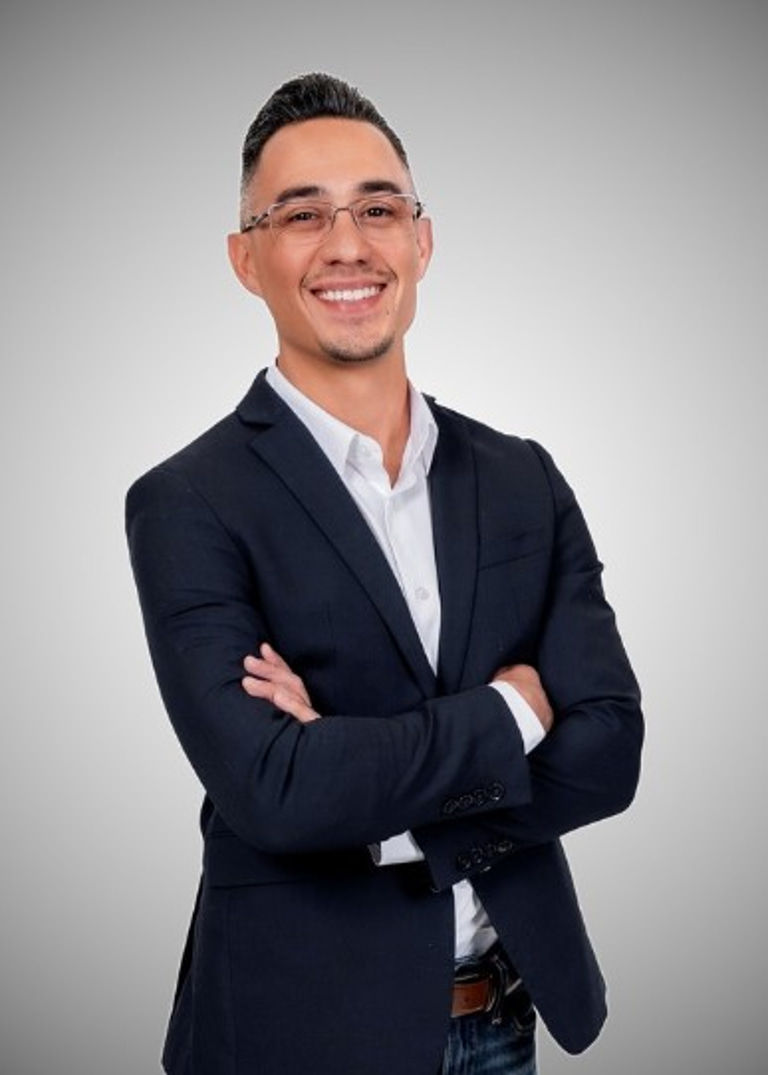Erik Caseres - Coldwell Banker Commercial CBS
Your Home Is Not an Asset—And That’s Okay
Revisiting a controversial truth from Rich Dad, Poor Dad (nearly 30 years later)
BIG SKY BIZ JOURNAL
Erik Caseres
6/9/20254 min read
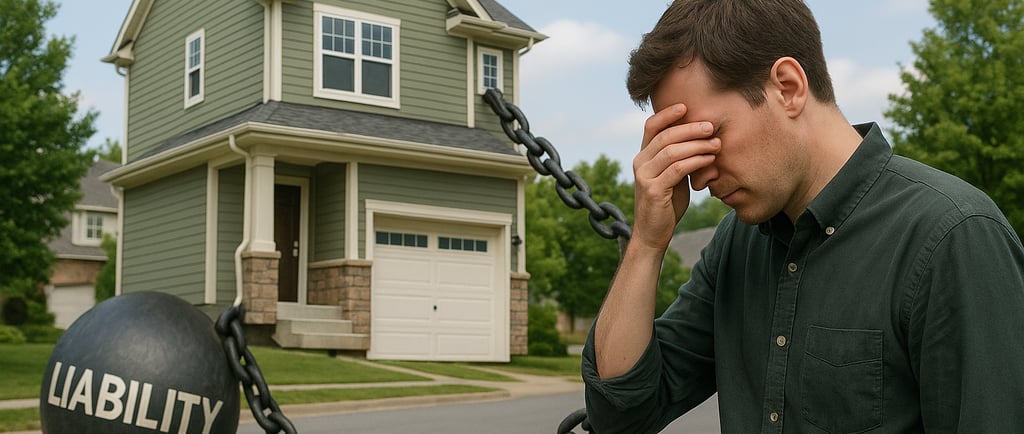

It’s been nearly three decades since Robert Kiyosaki ruffled feathers with a statement that still manages to stir people up at dinner parties:
“Your house is not an asset.”
I remember the first time I read that line. I didn’t argue with it. But I also didn’t really understand it. At least not in the way I do now.
At the time, I was still under the impression that buying a house was the brass ring of responsible adulthood. It’s what you worked toward. You saved, you sacrificed, you locked into a 30-year mortgage with a sense of pride and a bottle of cheap champagne.
And yet, here I am years later, sitting in my own home—which I once considered a cornerstone of my financial security—wondering why I feel like that cornerstone is doing a whole lot of sitting and not a whole lot of building.
The Two Views on Homeownership
In my experience, people tend to fall into one of two camps when it comes to their homes:
Camp #1: “Home is where the heart is.”
These folks see their home as their sanctuary. It’s where they plant gardens, decorate and hang Christmas stockings. For them, the house isn’t a financial instrument—it’s a lifestyle decision. A choice to spend money on comfort, stability, and emotional connection.
Camp #2: “Don’t get owned by what you think you own.”
This group views the primary residence for what it often is—a liability. A non-producing asset that ties up capital, racks up expenses, and doesn’t put a single dime back into your pocket unless you sell it or mortgage it to death.
I personally tend to ride the fence between these two, telling myself that it could be both (and to some extent, it can be). But, the more I look at the numbers— I must admit that there is an opportunity cost that becomes ever more apparent - and not just in terms of wealth building. I also question how this negatively impacts the pursuit of freedom (both financial freedom and freedom of time).
The Equity Wake-Up Call
A few months ago, I took a good hard look at how much equity I had tied up in my house. It wasn’t a small number. And that’s when it hit me:
That money? It’s doing absolutely nothing for me.
It’s like a highly educated family member who won’t leave the couch. Capable of great things—but instead, just sitting there, eating chips and binge-watching "HGTV."
Meanwhile, I’m passing on actual opportunities—investments that could put money in my pocket today—in exchange for the illusion of safety that comes from “owning” a home.
So I asked myself: Would it make more sense to simplify?
Maybe ditch the big mortgage, free up the equity, and put that money to work?
I’m not saying I have all the answers—but that line of thinking has become harder to ignore.
A Quick Refresher on Assets vs. Liabilities
Let’s revisit Kiyosaki’s simple definition:
An asset puts money in your pocket.
A liability takes money out.
By that measure, your primary residence:
Costs money every month (mortgage, taxes, insurance, maintenance)
Doesn’t generate income
And locks up capital that could otherwise be working for you
Even when it goes up in value (which is far from guaranteed), you only benefit if you sell or refinance. And when most people do that, what do they do?
They buy a bigger house…
Or a new truck…
Or a boat they’ll use four times a year.
In other words, they trade an illiquid liability for a slightly flashier illiquid liability. And then, call it an upgrade.
Is This an Anti-House Rant?
Nope. Not at all.
I’m not saying you should sell your house. I’m not even saying you’re wrong for loving it.
I’m saying—just be honest with yourself about what it is.
If your house brings you joy, security, and a sense of pride? Great. That’s not wrong. Just don’t dress it up and call it an investment if it isn’t actually paying you.
Call it what it is: a consumption decision. A lifestyle choice. A place that costs money—and might be worth every penny. But it’s still a liability.
The Point
This isn’t about houses. It’s about clarity.
Clarity about where your money goes, and what it does—or doesn’t—do for you. It’s about understanding the trade-offs and being intentional with your decisions.
I’ve learned that financial peace doesn’t come from having the nicest house on the block. It comes from flexibility. From knowing I’m not shackled to a mortgage if I don’t want to be. From knowing that my capital is mobile, my time is prioritized, and my investments are actually earning a return.
So whether you stay in your dream home forever or decide to downsize and reallocate, just remember:
If you want to build wealth, the first step is telling yourself the truth.
Your house might be beautiful. It might be meaningful.
But unless it’s putting money in your pocket—it’s not an asset.
And that’s okay. Just don’t confuse comfort with progress. And don’t let your comforts cost you the freedom to build the life you actually want.
Want to explore what simplifying your homeownership could unlock for your finances and lifestyle? I’d be happy to share how I’m thinking about this shift—and what options might be worth considering for you.
Contact Erik Caseres Today.
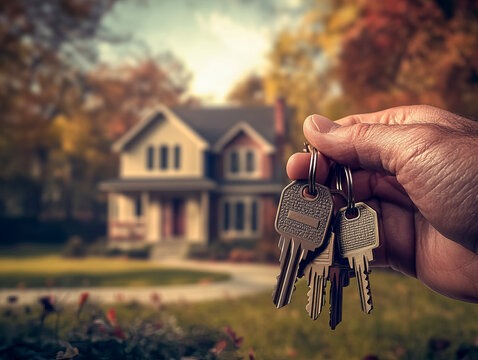

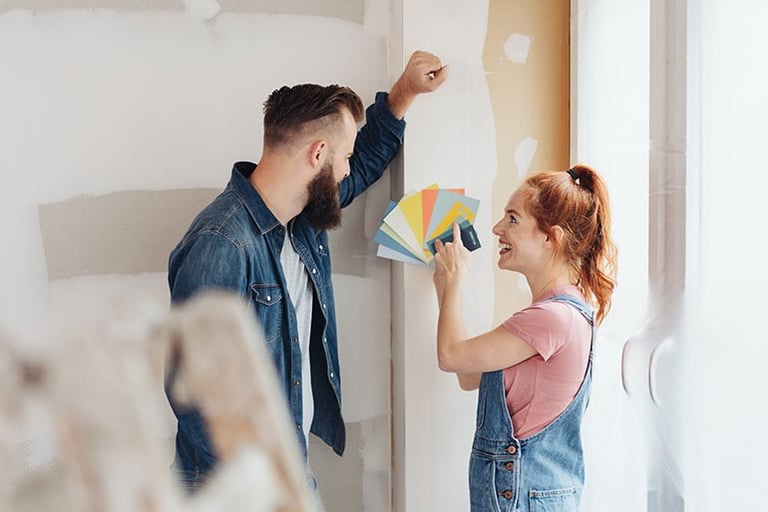



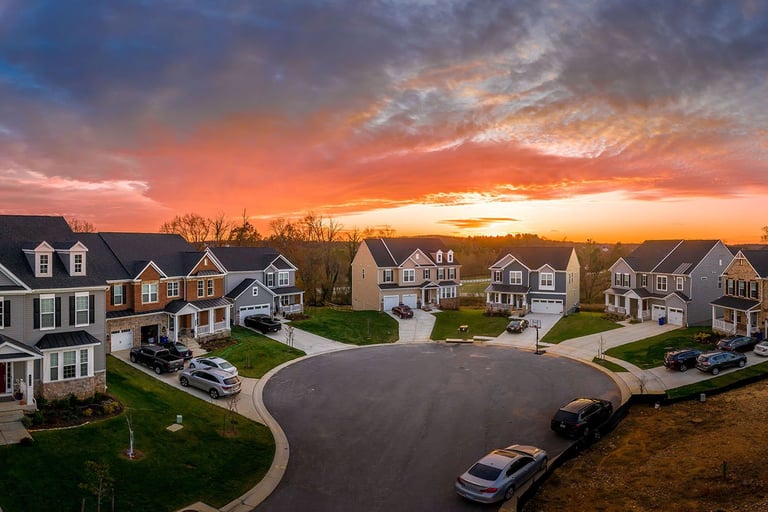

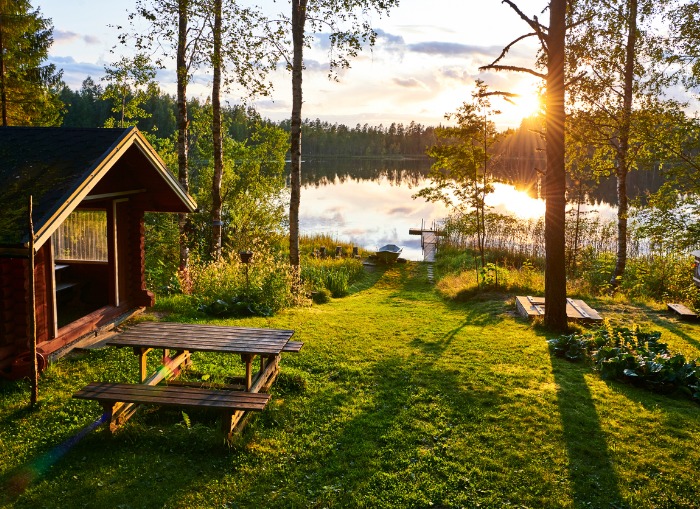

Expertise
Specializing in business brokerage services & commercial real estate transactions.
Contact
Inquire
erik@cbcmontana.com
© 2024. All rights reserved.
